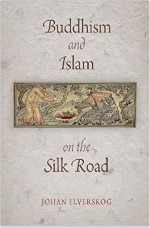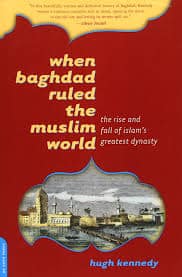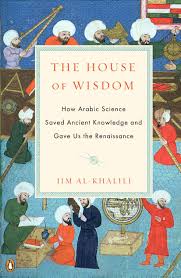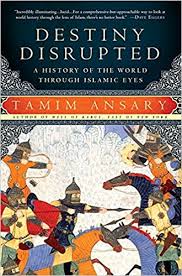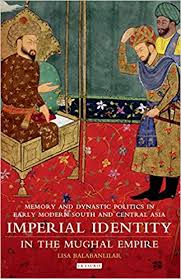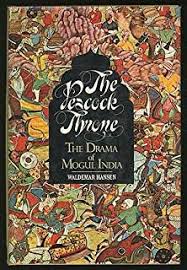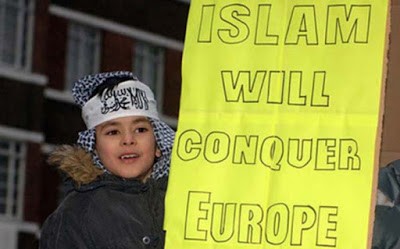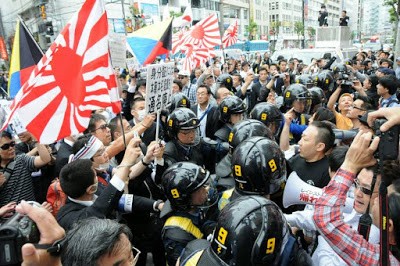(Triggered by this article about “Global Democracy in Danger“)
Back in 1992, Fukuyama wrote his (much maligned, frequently misunderstood) book about the End of History and had this to say:
What we may be witnessing is not just the end of the Cold War, or the passing of a particular period of postwar history, but the end of history as such…. That is, the end point of mankind’s ideological evolution and the universalization of Western liberal democracy as the final form of human government.
People jumped on Fukuyama for all sorts of reasons, but I don’t remember any broad feeling that the Western liberal project had failed. Its most visible Western critics at that time tended to be postmarxists and postmodernists, whose entire existence (from their university appointments to every detail of their lives) was itself an appendage of Western liberal democracy and had no meaning or safe existence outside of that system; and whose real-life ability to bring down Western liberalism was insignificant (i.e., if and when it falls, it will not fall to these clowns).
Another kind of opposition came from the “Confucian authoritarians” (or postmarxist fascists, or whatever you want to call them) in China (and in small but influential exemplars, like Singapore). But while these groups had power and economic success, they had no great legitimizing ideology. They may appear to be winning as long as they provide more and more goods to more and more of their people. But even while they do so, these same people are watching “Friends”, picking up liberal memes, and dreaming of making Shanghai “better than Manhattan”. It is hard to see them as a coherent alternative ideology. It was far more common (even WITHIN those systems) to think of them as authoritarian way stations on the long winding road to Western style “mature” liberal democracy and capitalism.
Some Right-wing opposition did come from people who rejected Western liberalism more deeply on religious or cultural-nationalist grounds. But currents like Great Russian Fascism or scattered illiberal Western ideologies (from the “almost inside the Overton Window” Pat Buchanan to Christian identity folks and a few hundred actual fascists) tended to be fringe affairs, or at least they were treated as such by most public intellectuals and the media. Triumphant liberal ideology had internal divisions and weaknesses (including the above-mentioned defection of many university trained intellectuals to postmodern/postcolonial/critical theory crap) and lacunae, but apparently, no serious competitor; The way of thinking that puts humanity, rationality, freedom and the free individual at the center of the world; and which includes memes (not necessarily unique to it, not necessarily derived from first principles, but aggregating in a recognizable meme-complex) like legal equality, secularism, democracy and human rights, was so dominant, it was taken for granted. These were the legitimizing ideas that all modern states at least paid lip service to. Democratic socialism is just a variant of this dominant post-enlightenment meme complex; even Marxist socialism is a variant of the same complex (Marxist revolutionaries, for example, idealized the same memes of equality, liberty and rights, but claimed that mainstream liberal Democracy failed to match its ideals and was a sham, a betrayal of these very ideals, and so on).
The place where this whole meme-complex really hit a solid rock was in the Islamic world. It was not immediately apparent that this was so. Many Western post-enlightenment ideals were popular among the Westernized intellectuals of the postcolonial Muslim world. But the grip (and even the personal commitment) of these intellectuals was shallow. This was not easily visible to liberal contemporaries (and of course, to Muslim liberals themselves; it is doubtful whether someone like Jinnah ever really understood the illiberal nature of his demand for Pakistan for example). The difference between Muslim and non-Muslim intellectuals,whether in the third world or the first, if it was noticed at all, was seen as one of degree; i.e. Muslim and non-Muslim intellectuals both had older loyalties, ideas and identities that belied their liberal ideals, and any apparent difference was a difference of degree…but as it is easier to see now, the difference of degree was always in the same direction, and in fact, it was significant enough that it could be described as a qualitative difference; not just a quantitative one. But this was not the common intellectual view (and exceptions like Samuel Huntington just proved the rule, with their “problematic” status in mainstream discourse)

THIS challenge in fact proved most difficult for Western liberalism to process; the fact that large numbers (probably clear majorities) of Muslims simply did not accept the most fundamental assumptions of the post-enlightenment Western liberal worldview was hard to see because it was so hard to imagine. This was such an alien thought (especially to those on the Left side of the liberal spectrum) that it was repeatedly obfuscated under other categories (“poverty” , “colonialism”, etc). It was not seen because it seemed to undermine the universal validity of the whole liberal project. Better to not see it…But it continued to be inconveniently resistant to liberalism… And as events and examples multiplied, they evoked rethinking in other groups. Ultimately, the emperor started looking ragged, if not completely naked.
One striking problem, for example, was the resistance of Muslim populations to joining the mainstream in countries they migrated to. SOME resistance to assimilation is certainly not unique and has been exhibited by many groups of immigrants, but it does seem that Muslim resistance remains greater than that exhibited by contemporary Hindu, Sikh or Buddhist migrants. Once is happenstance, twice is coincidence, but when the same thing happens again and again, people start looking for explanations. Unfortunately, not necessarily for good explanations..).

Anyway, the point is that as Muslim resistance refused to go away, all the other alternatives to late-Western liberalism (many of them much stronger in material terms than any Muslim country or party) like Great Russian Nationalism and its Orthodox Christian backstop, Chinese nationalism with Confucian and fascist characteristics, nascent Japanese nationalism, Hardcore Hindutva in India; all of them became stronger because Islam had already wedged the door open and thrown open the possibility that the liberal project itself may be incoherent; may be hollow at the core; may not map to the real world; and may even be dangerous to non-Muslim groups who try to stick to it..
In short, here is the thesis question for the day:
If and when modern humanism and liberalism (broadly defined) crashes and burns (who knows, it may not), will future historians look back and say that Islam was the rock on which it first and decisively broke?
Is Islam the kid who asked about the emperor’s clothes with such naive determination and clarity, and such stubborn unwillingness to accept “the facts”.. that it opened the way to the future? (which looks suspiciously like the illiberal past)..
Inquiring minds want to know.
(100s of nuances are left unexplored in this very tentative and very over-simplified post. Argument and events may clarify).
PostScript 1: One quick note: I used the “emperor’s new clothes” analogy deliberately. The point is not that some extremely powerful force called Islam single-handedly sabotaged the late-Westsern liberal order all by itself; or that free-market capitalism and Western democracy was about to put a chicken in every pot if Islam had not resisted… The point is that the system may have been threatened by failure because of its internal contradictions and its own limitations anyway (as a friend put it: “just to be clear liberal order is broken because it doesnt take cognizance of the fact that humanity is broken“. Maybe, maybe not) but whatever deficiencies existed WITHIN liberalism, Islam forced them into the open…and it did so in such a way that it put the whole project in doubt in OTHER minds as well, leading to a vicious cycle of internal doubt, further decay, bad solutions, more doubt, more decay..
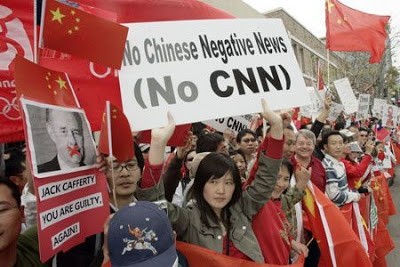
And I take it for granted that every order has defects, but not all possible histories lead to the defects being exposed and the system crashing down. In a way, civilization maybe about the “soft landing” of various defects; their quiet or not-so-quiet removal and replacement while faith in the overall system still holds.. And so on… The failure to “account for Islam” (for what Shadi Hamid may call “Islamic exceptionalism”) exposed the liberal order to other critics and other doubts. These doubts can reinforce each other, there can be self-fulfilling prophecies of inevitable conflict and violence..until Humpty Dumpty has a great fall.
I still hope this is not the case. That we will have a soft landing, not another world war and an age of revolutions. Because if the system falls apart, it will not be pretty; the interlude will be painful and nasty and brutish and not so short. Still, the fact is, it may fall; history is not over.
I also want to point out that I do not share the Islamists own optimism about their coming triumph. A great reordering and a general war may be here. But if it is, it is likely it will be nasty and violent and most of the dead will be Muslims. Maybe there will even be a “scramble for Africa”, as more capable powers divide up the Middle East. The great Sunni hopes (Pakistan, Turkey, Saudia) all seem shaky and none of them have managed to create a new modern Islamic system yet.. In short, the collapse of the neo-liberal world order will have its winners and losers, but too many Muslims may end up as losers.
See some tweets around this topic here https://storify.com/omarali50/fukuyama-redux
Postscript 2: MANY people have raised the objection that Islam is really not that strong a force in the world, cannot defeat the West, etc. My second attempt at clarification follows:
That was not my point at all. As I tried to explain in the postscript, my thesis is not that Islam will defeat Liberalism. The thought process was more like this:
1.The weaknesses/incoherence/decay of the liberal world order are mostly internal to it. They may be simply a matter of the inevitable decay and corruption of any highly successful civilization (what may be called “catastrophic success”). Or they may be due to some blind spots in the world view, some failure to map adequately to human nature. Whatever they are, they not caused by Islam.
e.g. the liberal order failed in Cambodia (as it did in many other places) without Islam playing any role, but that failure did not lead to any sudden collapse in self-confidence within the metropole, or even in widespread realization by those outside the liberal order that the emperor may be weaker than she looks)
2. But Islam/Muslims are a large enough phenomenon that their failure to line up and join the party, their almost naive refusal to accept the brutal facts (that they are weak, that the liberal order is very mighty, that the washing machines and iphones come from the modern world and everyone wants those, so how could large populations possibly consciously opt for alternatives that do not prioritize washing machines?) is harder to sweep under the rug. They are not killing the liberal order (at least not yet, maybe never), they are making its blind spots visible to many others who can do more serious damage.
They are creating doubt in the minds of the citizenry, but even more so, in the minds of the clerisy itself. Of course, the clerisy tries/tends to ignore or obfuscate the problem. “It is about poverty”. “It is a reaction to microaggressions”. “It is a revolt against imperialism or colonialism”. And so on. As it is, all these explanations (except maybe the microaggressions crap) have some truth to them. But not enough truth. Something else is also going on. It may be that human beings are not the convenience-maximizing homo economicus we assumed. Or they are not naturally egalitarian when it come to gender. Or whatever..the particular doubts engendered vary from person to person and group to group.. But the recurrent eruptions of events that do not compute undermines confidence in the software.
3. As the doubts spread, they lead to a search for alternative software. “Maybe the racists were right”. “Maybe the religious revivalists were right”. “Maybe the cultural nationalists were right”. Maybe even that president from Queens is right.. Whatever, the point is, the liberal order is losing the confidence of its own people. This can become a self-reinforcing downward spiral.
By the way, the alternatives being considered are NOT necessarily correct. That is part of the point. The liberal order could fail, not because its failure was inevitable or because its enemies are better, but because it lost asabiya, coherence, confidence, public support, shared delusion. Something like that.
4. Finally, I remain convinced that this is not the end. It is just another turn of the spiral. The enlightenment is always ongoing… Ideologies not centered on man, on this world, on rationality, on empiricism, will not take over the world.
5. This is supposed to be a kind of thought experiment. To be put out there to get feedback. To start a debate. To learn something. I hope.
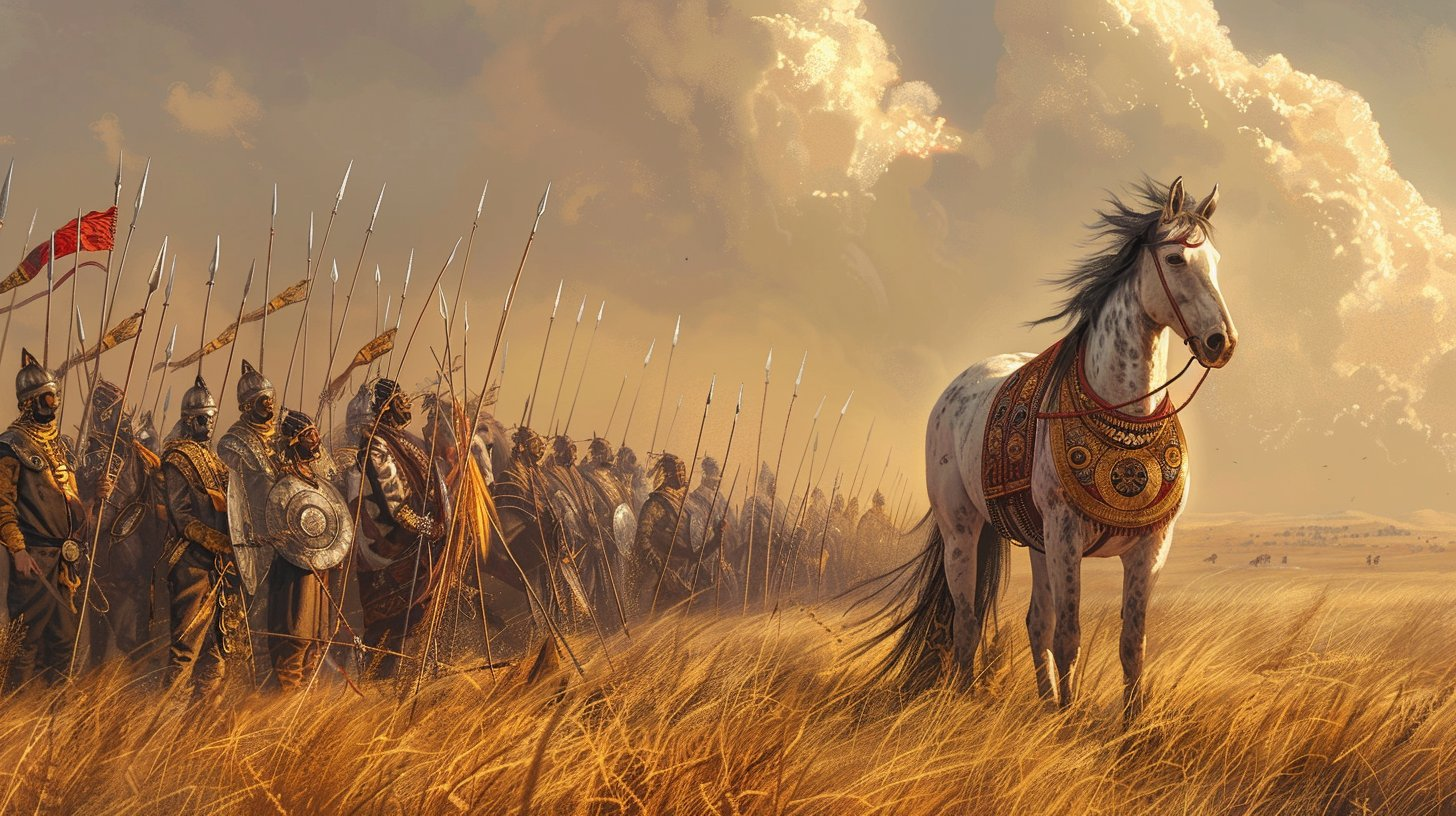
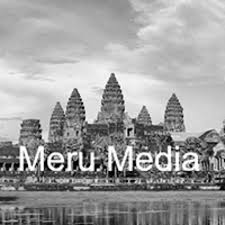
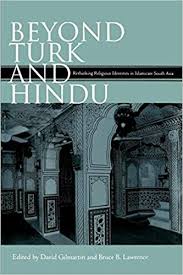
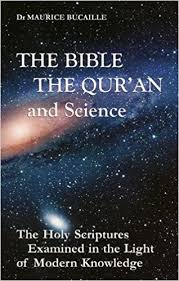 My father is a professional scientist, and a Muslim who lives in the West. In our house there was always a copy of
My father is a professional scientist, and a Muslim who lives in the West. In our house there was always a copy of 